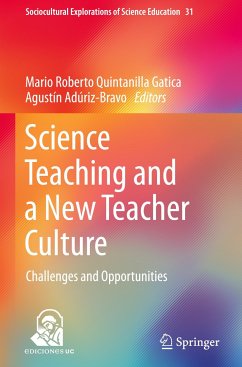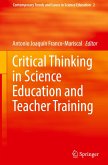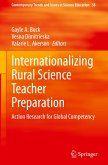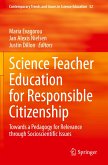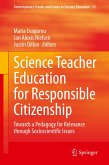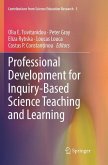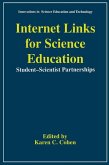This edited volume discusses various epistemological positions about science teaching and the complex processes of understanding and learning in the classroom. Including discussions around Natural Sciences teacher training models, as well as the development of logics of reflection on practice based on critical and dialogic interpretative visions guiding higher level competency learning. It brings together contributions from researchers promoting a coherent and robust methodological analysis, theoretically based on the systematization of evidence in different contexts within Europe and Latin America.
While supporting innovation in teacher training and science teaching, it offers specific contributions and suggestions for classroom work in the subjects of Physics, Chemistry and Biology. It includes didactic guidelines for experimental practices, for the evaluation of scientific learning, as well as for the use of epistemology and the history of science in teaching. In addition, it's considered an important contribution to the challenge of rebuilding science education programs as well as its correct implementation in schools and universities.
This book is a translation of an original Spanish publication. The translation was done with the help of artificial intelligence (machine translation by the service DeepL.com). A subsequent human revision was done primarily in terms of content, so that the book will read stylistically differently from a conventional translation.
While supporting innovation in teacher training and science teaching, it offers specific contributions and suggestions for classroom work in the subjects of Physics, Chemistry and Biology. It includes didactic guidelines for experimental practices, for the evaluation of scientific learning, as well as for the use of epistemology and the history of science in teaching. In addition, it's considered an important contribution to the challenge of rebuilding science education programs as well as its correct implementation in schools and universities.
This book is a translation of an original Spanish publication. The translation was done with the help of artificial intelligence (machine translation by the service DeepL.com). A subsequent human revision was done primarily in terms of content, so that the book will read stylistically differently from a conventional translation.

